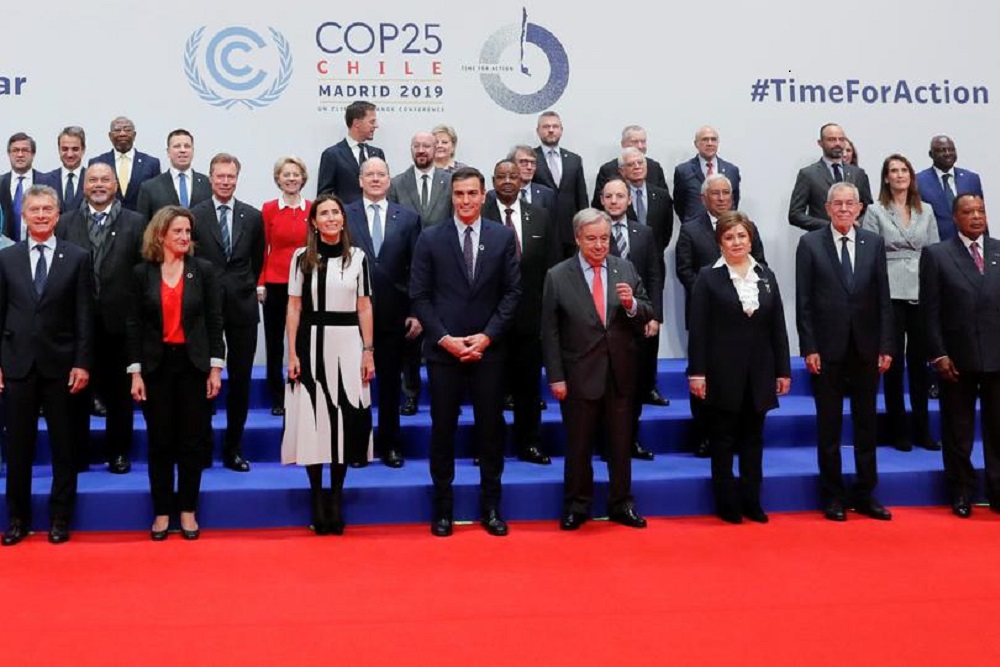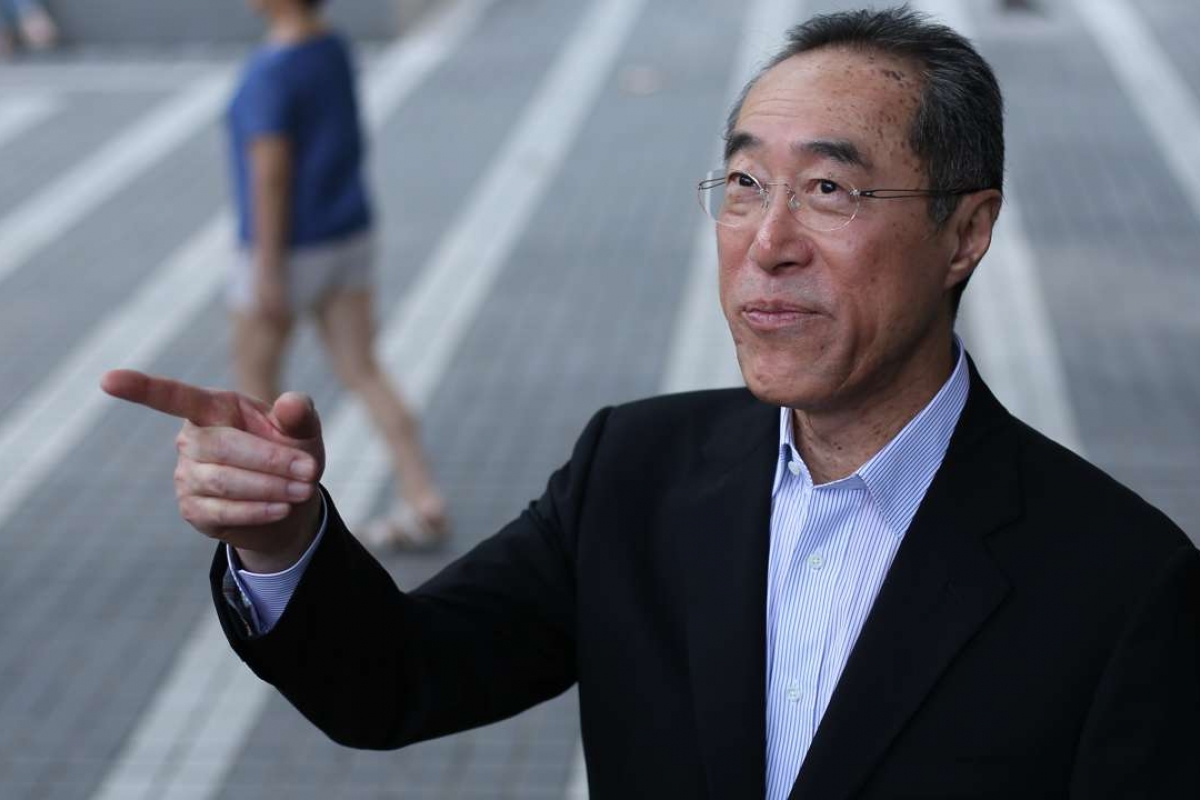The year 2020 will be crucial as nations around the world continue to submit their commitments to curb global warming ahead of the COP26 conference in Glasgow, Scotland.
This consensus was reached at the COP25 climate change conference held in Madrid.
The COP25 conference in the past weeks has was centered on climate change and the growing urgency to cut greenhouse gas emissions. The organizers have made an effort to put the natural environment into the mix with COP25 chair Chile, for example, has prioritized protecting oceans from pollution, acidification, coral loss, over-fishing etc.
António Guterres, the ninth Secretary-General of the United Nations, issued the charge in a speech to the annual Caring for Climate Meeting, at the on-going UN COP25 climate conference in Madrid.
Caring for Climate mobilizes business leaders to implement and recommend solutions and policies to beat climate change.
With the climate crisis increasingly jeopardizing life on the planet, the Secretary-General stressed that more collective action would be needed from governments, regions, cities, businesses and civil society.
The magnitude of the climate emergency is jeopardizing our future and life as we know it.
I have come back to #COP25 to appeal for a successful conclusion of the conference and increased #ClimateAction and ambition.
— António Guterres (@antonioguterres) December 11, 2019
It should also be reiterated that the preservation of nations pristine wildernesses and oceans, which has been treated as separate issues to eliminating climate change is being focused on as scientists say effort at preserving them should go hand in hand.
The conference featured famous Swedish climate change activist Greta Thunberg, who called on the United Nations conference, and participants to focus on the science behind climate change.
Thunberg told world leaders at the UN’s Climate Action Summit in September that they were failing her generation, by not taking action to alleviate the climate crisis.
The 16-year-old activist, who founded the school strike movement, was also named by TIME magazine as their 2019 Person of the Year.
.@GretaThunberg is TIME's 2019 Person of the Year #TIMEPOY https://t.co/YZ7U6Up76v pic.twitter.com/SWALBfeGl6
— TIME (@TIME) December 11, 2019
Nations need to worry about climate change
Climate change is here, and it’s causing a wide range of impacts that will affect virtually every human on Earth in increasingly severe ways.
A US government report has shown that climate is changing and that human activities will lead to many more changes. These changes will affect sea levels, drought frequency, severe precipitation, and more.
The impact these human activities have been having on climate is leading to higher temperatures, sea-level rise, warmer air and oceans producing more extreme hurricanes.
Higher temperatures are linked to almost all of climate change’s most severe impacts, including more frequent and intense heatwaves, widespread crop failures, and dramatic shifts in animal and plant ranges.
Furthermore, as the world warms, ice sheets and glaciers melt, and ocean water expands, this phenomenon produces sea level rise, which disrupts and damage coastal communities and infrastructure in virtually every sea-bordering country in the world.
The direct impacts of climate change are devastating by themselves, as they also worsen existing inequalities and conflicts.
Possible solutions to climate change
The enormity of global warming can be daunting and dispiriting; however, what can a nation, do on their own to slow and reverse climate change?
The first challenge is eliminating the burning of coal, oil and, eventually, natural gas. There are no perfect solutions for reducing dependence on fossil fuels. However, the best solution is trying to employ alternatives when possible.
Plant-derived plastics, biodiesel, wind power and to invest in the change.
Another solution is an infrastructural upgrade as building worldwide contribute around one-third of all greenhouse gas emissions even though investing in thicker insulation and other cost-effective, temperature-regulating steps can save money in the long run.
Electric grids are at capacity or overloaded, but power demands continue to rise. And bad roads can lower the fuel economy of even the most efficient vehicle.
Investing in new infrastructure, or radically upgrading existing highways and transmission lines, would help cut greenhouse gas emissions and drive economic growth in developing countries.







